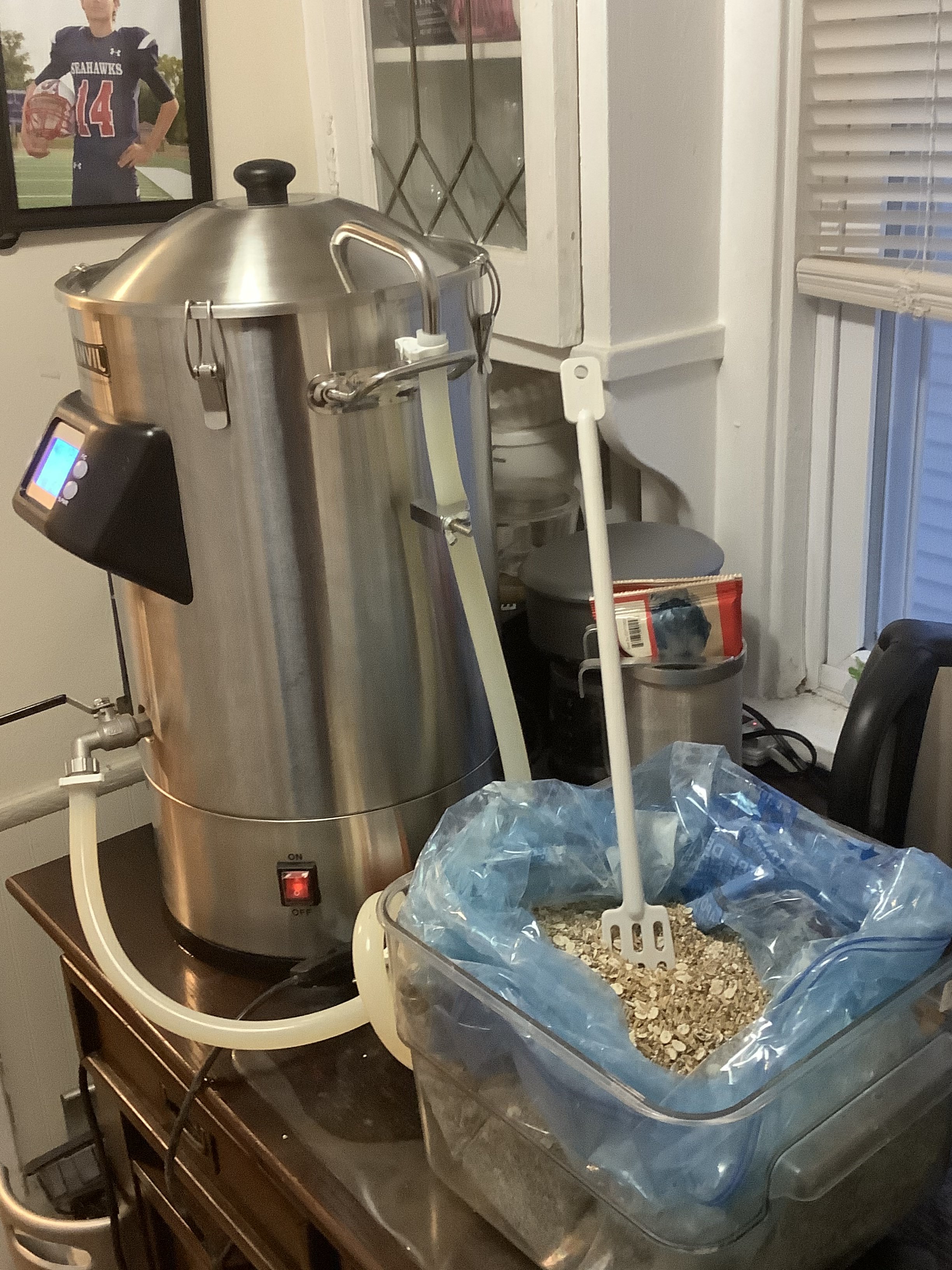NSMikeD
Well-Known Member
That time of year. In all my years of home brewing I never made a Guinness clone even though I love that beer. I brew 2.5 gal batches all grain and prefer dry yeast when I brew. Typically my go to yeast are Safale 05 for American ales and 04 for British ales. But I understand that 05 may be the better choice for the desired higher attenuation in an Irish dry ale. I do have a request into my LHBS for Wyeast 1084 if he has it in stock, but he’s carrying less liquid yeast compared to dry yeast these days.
What dry yeast would you recommend I have a fermentation fridge so temperature control isn’t an issue. I keg after primary and carbonate (CO2 only, no nitrogen.
What dry yeast would you recommend I have a fermentation fridge so temperature control isn’t an issue. I keg after primary and carbonate (CO2 only, no nitrogen.






![Craft A Brew - Safale S-04 Dry Yeast - Fermentis - English Ale Dry Yeast - For English and American Ales and Hard Apple Ciders - Ingredients for Home Brewing - Beer Making Supplies - [1 Pack]](https://m.media-amazon.com/images/I/41fVGNh6JfL._SL500_.jpg)





















































